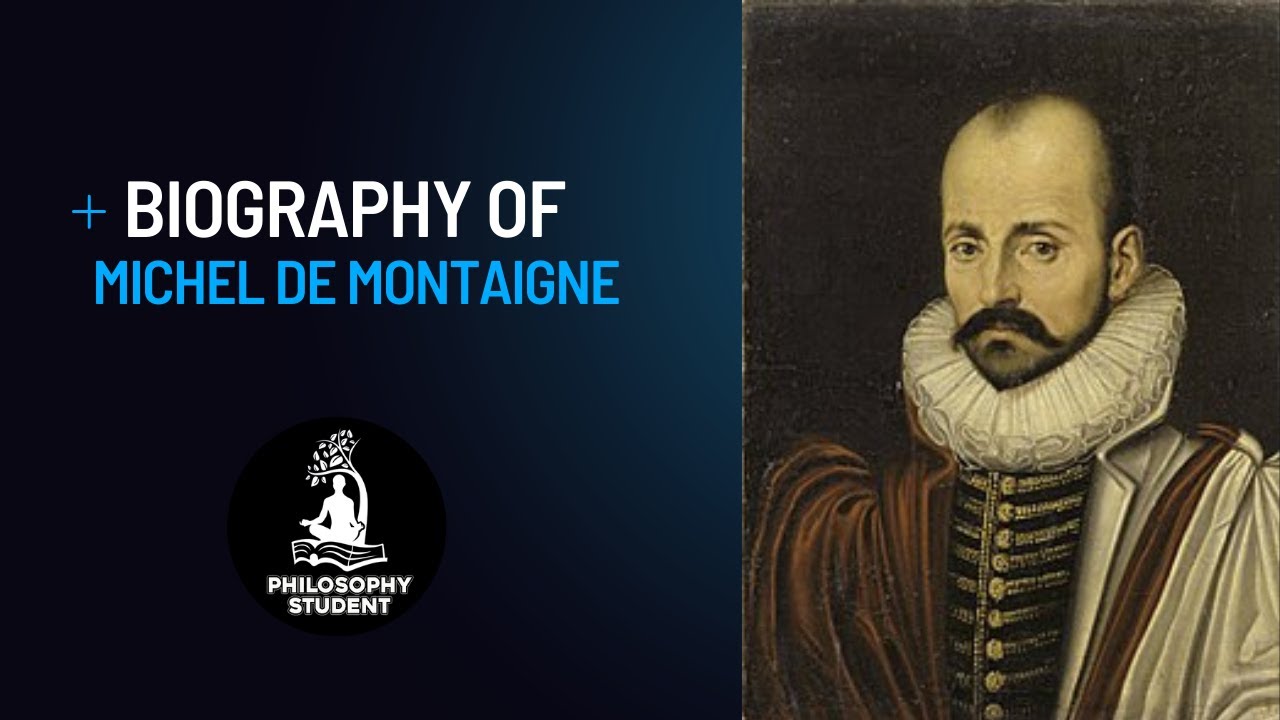Born on February 28, 1533 at Chateau de Montaigne, near Bordeaux, Michel de Montagne is more widely known as a literary figure, the originator of the prose essay, than as a philosopher, but his three books of essays are, in fact, an intellectual venture into free judgment, skepticism, and relativism. The foundation of all the essays is an attempt to answer one of the most basic of philosophical questions, What do I know? It was his extremely skeptical version of What is truth?
Montaigne grew up in a merchant family only recently ennobled and was taught to speak Latin before French. He studied at College de Guyenne at Bordeaux during 1539-1546 and then embarked on the study of law. He became a judge in Bordeaux, serving on the bench from 1555 to 1570. In 1569, a year before he retired from his judicial post, he published a translation of Theologia Naturalis of the fifteenth-century Catalan philosopher Raymond of Sabunde (1569). From 1572, he wrote his Essays, the first of books I and II appearing in 1580, and the final revised edition of books I, II, and III posthumously, in 1595.
Montaigne served as mayor of Bordeaux from 1581 to 1585 and was occasionally an ambassador for Henry of Navarre. He died, at Montaigne, on September 13, 1592.
The Essays—in French, essais means “attempts”—are efforts at self-description and, as such, appear to move in a stream-of-consciousness manner from one topic to another. Yet even as he seems to write about random things, Montaigne discuses each with great coherence of thought. Two themes are common to virtually all the essays: skepticism and relativism. Both themes are inherently subversive of much received wisdom, such as the superiority of European culture versus primitive or barbaric peoples or the superiority of human beings to animals.
In his “Apology for Raymond of Sabunde,” Montaigne explores skepticism in the form of Pyrrohnism (the fourth century BC philosophy of Pyrrho), which posits the suspension of judgment because certainty in knowledge is unattainable. Montaigne struggled to find in Pyrrohnism a way to cope with the uncertainty of knowledge through attaining ataraxia, a state of equanimity that enables eudaimonia, or happiness. Thus, while the question “What do I know?” was essentially unanswerable, it did launch Montaigne on an effort to find a viable way of life despite uncertainty. This has given his work not so much a timeless quality as a modern, existential quality, and Montaigne has exerted an influence on the diverse likes of Francis Bacon, René Descartes, Blaise Pascal, Jean-Jacques Rousseau, Albert Hirschman, William Hazlitt, Ralph Waldo Emerson, Friedrich Nietzsche, Stefan Zweig, Eric Hoffer, and Isaac Asimov.




































